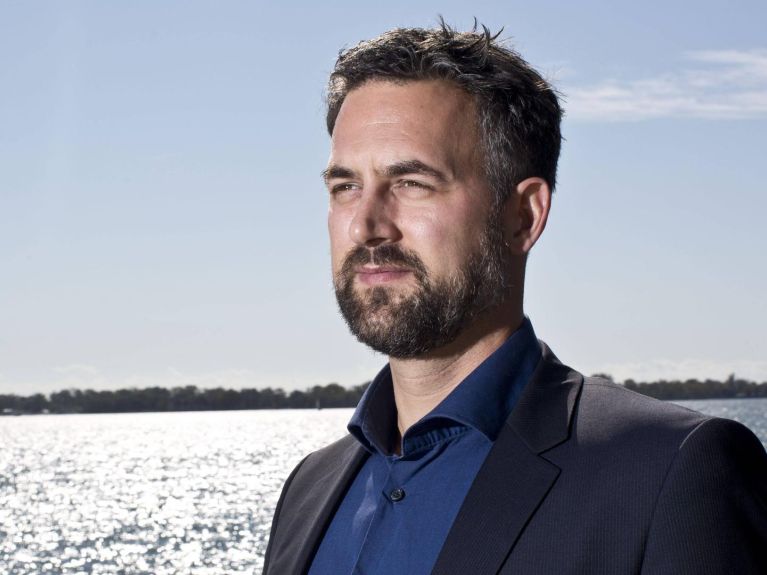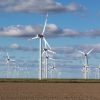“We need to find new growth trajectories”
Climate researcher Anders Levermann on the need to impose boundaries to economic activity, new opportunities and international developments.

Professor Levermann, in your scientific work you have long emphasised the value of alternative growth trajectories in connection with climate action. What needs to change?
Our growth in the past was based on fossil fuels. These are in finite supply on Earth and they heat up the planet, so they can’t be part of a model for the future. The economy and prosperity can continue to grow, but we have to put a complete stop to the extraction of fossil resources. Limits have been placed on economic development throughout history – such as when human rights were established and slavery was abolished, for example. Developments such as these have changed the way we produce and do business, forcing us to evolve. We have to realign our growth curves and find new ways forward.
Under no circumstances should emerging economies repeat the mistakes made by industrialised nations in Europe and America.
So you’re in favour of drawing hard boundaries when it comes to taking effective climate action?
The market creates an incentive system and motivates innovation, but the cost of our current economic activity is often not priced in; on the other hand, there are certain assets that are beyond material worth: we don’t leave heroin consumption to the free market because it’s deadly, for example. The temperature of the planet will continue to rise for as long as we burn oil, gas and coal, so these have to be replaced with solar and wind energy. Emissions trading is simply an aid to the economy as we progress towards the zero emissions limit, which we have to achieve by 2045. The use of solar and wind energy has become increasingly efficient and cost-effective in recent years. By drawing on the combined innovative strength of society, business and science, we’ll be able to realign the trajectory society has pursued up to now and turn back before we reach the climate threshold.
A study published a few days ago by the Potsdam Institute for Climate Impact Research shows that more and more regions of the world are achieving economic growth while at the same time reducing CO2 emissions. How are we to understand developments like this?
This separation of economic growth from environmental impact is happening, but unfortunately it’s not fast enough. Nonetheless, it’s true to say that Europe in particular is making progress in reorganising its economies with a view to mitigating the climate crisis. There are signs of hope in North America and Asia, too. Under no circumstances should emerging economies repeat the mistakes made by the industrialised nations in Europe and America and embark on destructive, fossil-fuelled growth trajectories.


